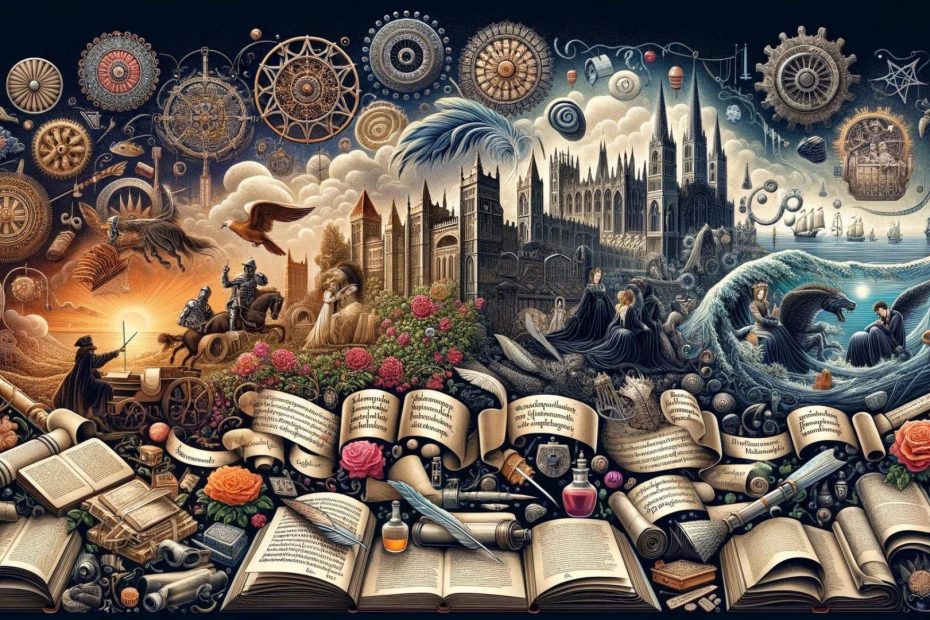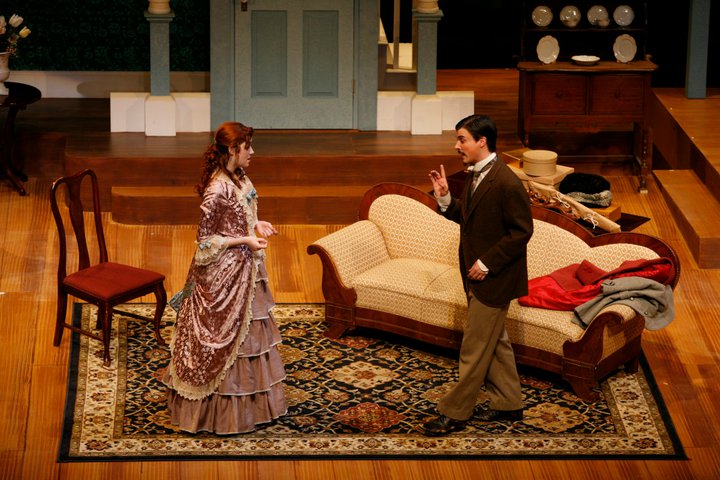Always Something New To Learn
When I started my University studies, I was quite certain that I wanted to be a medical doctor and that my undergraduate study focus should be on math and science. I thought that Freshman English was unimportant, irrelevant for my career goals, and a waste of precious time. My arrogant certainty was shattered by a great writer and a gifted professor in the first week of the second semester.












